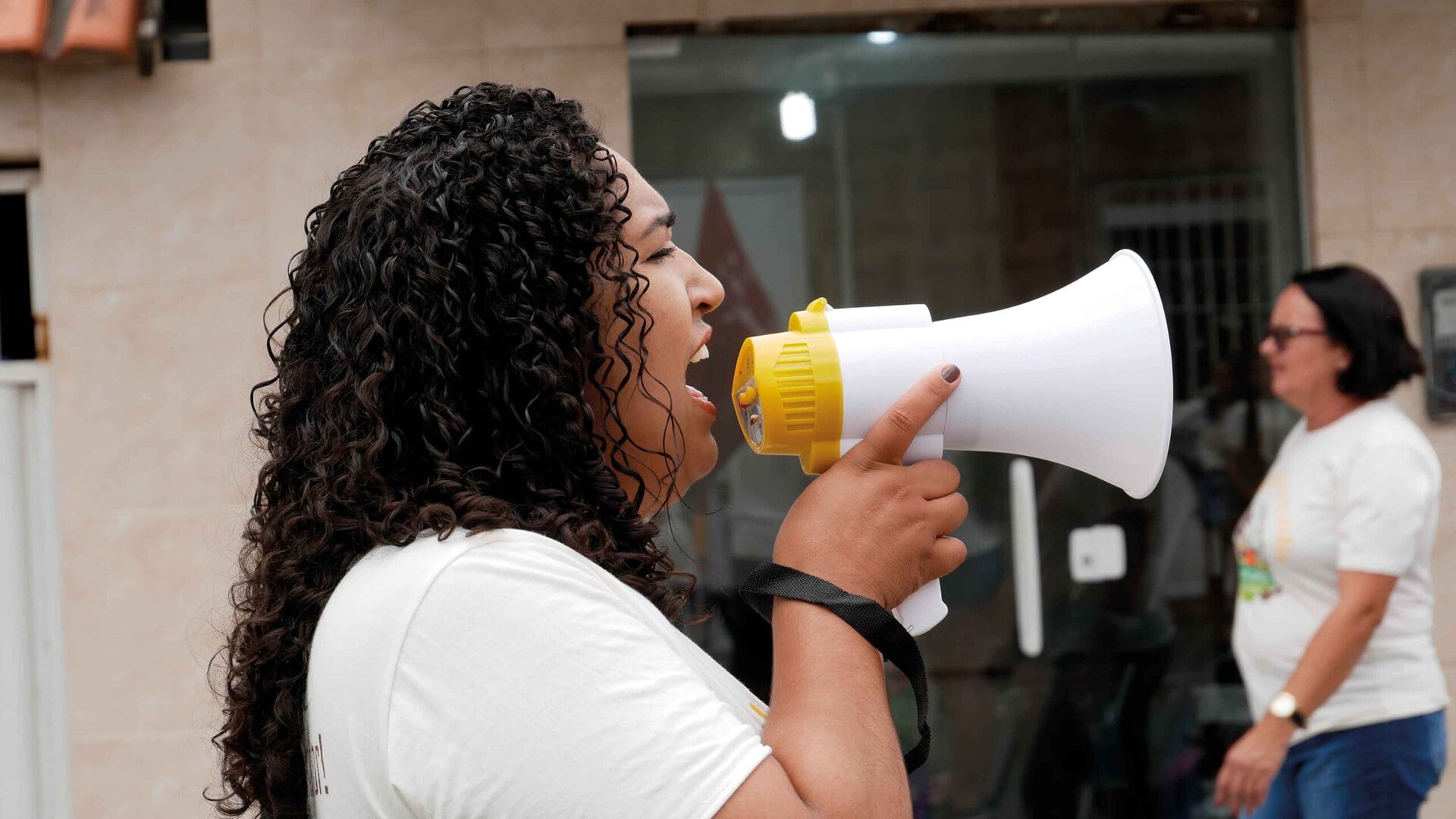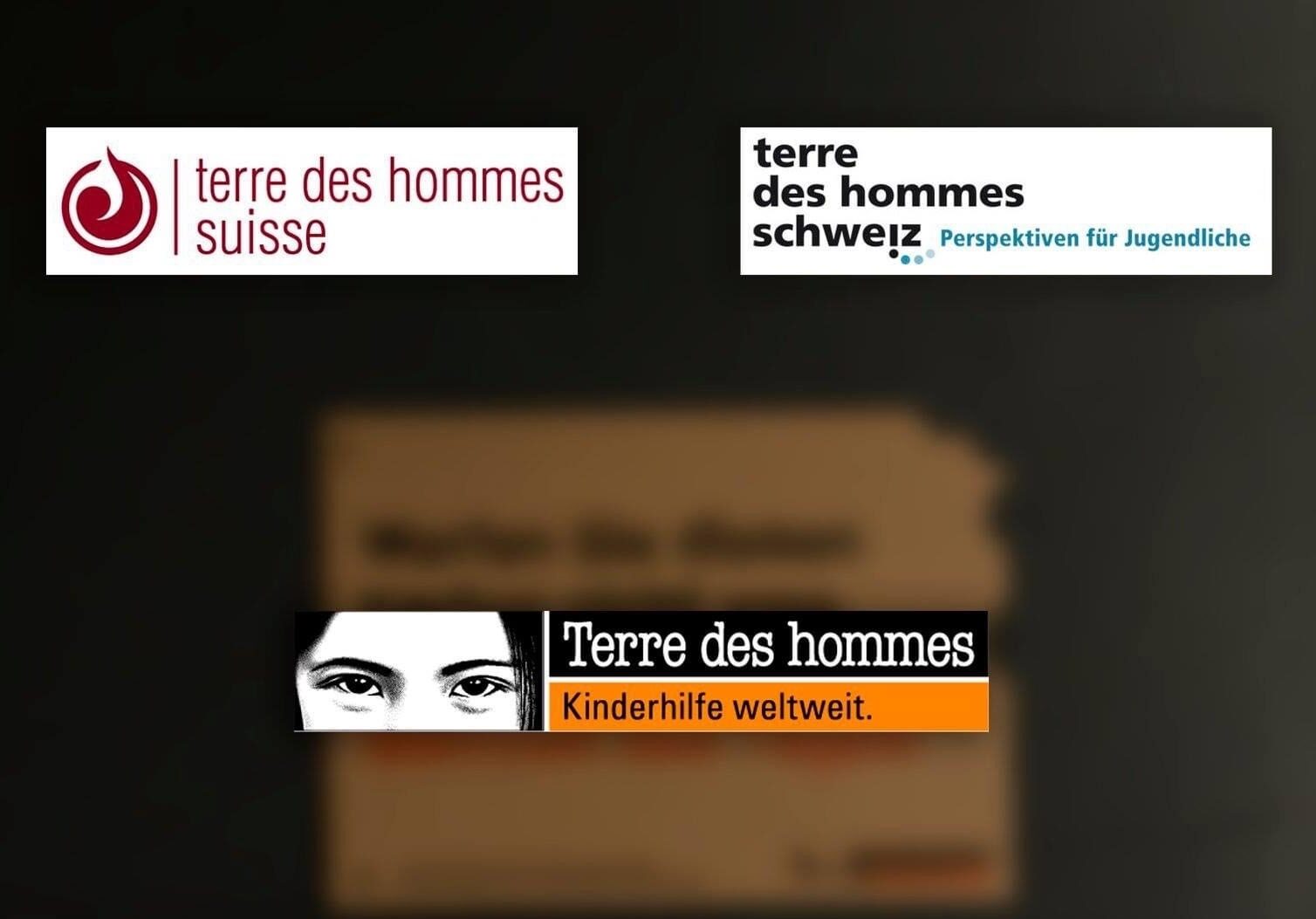Cannes, Berlin or Locarno: film festivals are a dime a dozen. The FiSahara International Film Festival in the Sahrawi refugee camp of Dakhla, however, is something very special. For a week, films that entertain and inspire reflection are shown in tents in the middle of the Algerian desert. What’s more, this unique festival is only possible thanks to the support of the many Sahrawi young people from our partner organization UJSARIO.
For over 30 years, more than 100,000 people have been living in several refugee camps in the middle of the Algerian desert. In all these years, they have not lost faith in their return to their homeland, the Western Sahara. As monotonous and tough as their camp life is, they try to prepare for life after their return with the few resources available.
A third generation of Sahrawis is now growing up in the camps and using the time to train and educate themselves. In addition, various festivities are organized in an attempt to take a break from the dull everyday life in the desert and reach out to the public with their concerns. One of these festivities is the FiSahara International Film Festival, which took place for the 11th time this year.
Space for criticism of politics and society
This year’s film festival once again offered space for socially critical documentaries such as the Oscar-nominated films “The Square” and “Dirty Wars”, as well as entertainment. Films on the Sahrawi issue were also shown to the same extent. For example, the documentary about Sahrawi women who were tortured in Moroccan prisons “To make you know that I am alive” or about the situation of young people in the Sahrawi refugee camps “Cast in sand”. The festival was dedicated to the South African freedom fighter Nelson Mandela.
Outstanding commitment of the young people
Our partner organization UJSARIO Smara (UJSARIO, the Sahrawi youth organization) in the Smara refugee camp is an important part of the festival organization, because UJSARIO coordinates the many voluntary and committed Sahrawi young people, without whom there would be no festival. Among the helpers, the first year of Sahrawi film students from the newly established film school in the Boujdour refugee camp were also very active in organizing the festival. In her closing speech, the Spanish organizer Maria Carion praised the great commitment of the youth as a special feature of this festival.



